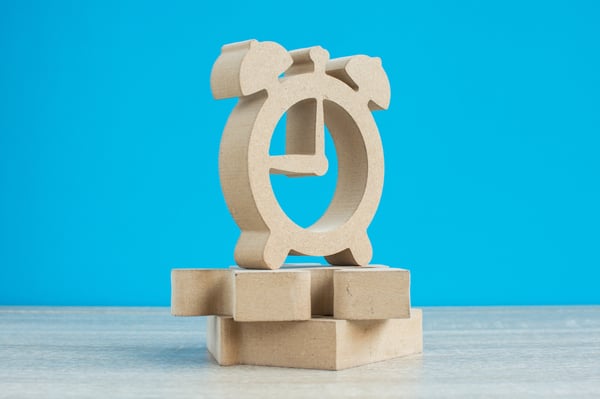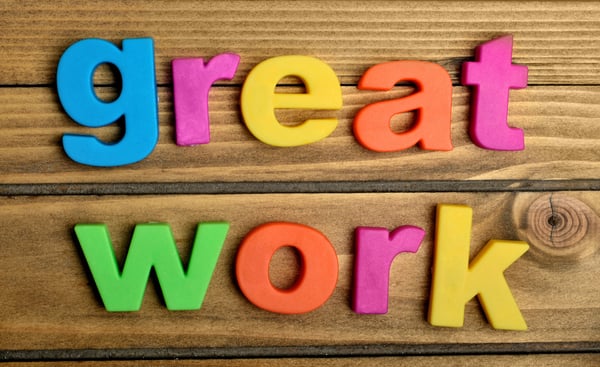
4 min read
How often do you make the most of your time? I was recently given the opportunity to be on the judging panel for the Inner East London heat of the Young Enterprise Company Programme Awards (YECPA) – a beneficiary of the RG Foundation.
The YECPA challenged students, aged between 15 to 17, to come up with the idea for a company over a six-month period and showcase it to the judging panel, which I was a part of. Teams ranged in size from four to 17 students, coming from a variety of schools in the Inner East London area and representing a diverse mix of backgrounds and abilities.
And from their entries, I learnt three valuable lessons that have translated well beyond childhood into my adult life.
Lesson One: Make the most of the time you have
No matter which self-improvement books you read, you’ll always find a reference to making the most of all of your available time. These students really hammered this home for me. I was so impressed by how much effort, passion and creativity they had all devoted to their projects. Many had spent their after-school hours and weekends working on them, and some had even taken their company’s products to local markets to sell – and ending up selling out!
We’re probably all a little guilty of not using our time constructively.
It was a stark reminder that I can easily fit more into my everyday life when I realized how these students from a different demographic were able to put their distractions aside. They completely focussed their time and energy on building a small company, which inspired me.

Lesson Two: It’s good to talk
The second thing which struck me was the recurring theme from each of the interviews we held with the teams. Our questions – such as “What challenges did you face in producing your product or service?” and “What skills did you develop from running a Young Enterprise company?” – all produced answers surrounding communication and teamwork.
It seems, whilst we might learn throughout childhood how to socialise, share and perhaps even work together on a school project, when it comes to working on a longer-term project with high stakes, there’s a lot of learning to be done even in our adult lives.
It takes focussed effort to create a productive team who are aligned to the same vision and can communicate their ideas and challenges to their colleagues effectively to carry them through to success.
When we start our careers, we’re lucky if the company we work for supports honest communication and a framework for transparent leadership.
And just like those students identified at the very start, communication is absolutely critical to a company's success.
So at what point do we lose this as a priority as we move further along our career paths and into more senior positions?
In the closing chapters of their book “Build it: The Rebel Playbook for World Class Employee Engagement,” Glenn Elliott and Debra Corey suggest that, “maybe we’ve forgotten what we learned as children.” They list key things like “telling the truth, trusting people, admitting it when you’re wrong and being kind to people” which all contribute to an engaging work culture, often get left behind when we walk into the office.

Lesson Three: Recognise achievements
My day spent with the students at the YECPA also reminded me of something else we had in our school years, which definitely seems to fall away as we enter the working world: Recognition.
In school, there are lots of ways to receive recognition. Whether it’s a simple gold star in your exercise book or a certificate for passing your 50m swimming assessment, to awards given out in assemblies and award programmes such as those run by YECPA. As kids we’re taught the premise of if you work hard and achieve your goals, then you’ll be rewarded, or at least recognised for your efforts.
And that recognition is very rarely attached to anything monetary – but does that matter? No. Because what we want, as kids, is encouragement, a confidence boost, some guidance to tell us where our strengths are and perhaps most importantly, motivation to keep working hard, to keep achieving and striving for success.
Many companies, in contrast, provide few occasions or channels through which to recognise the efforts and contribution their employees have made to the business.
Perhaps we should remember how we felt when we opened our exercise books to find a shiny gold star next to our homework – and then try and replicate a bit of that feeling as adults at work.
If you’d like to talk to me about the RG Foundation or learn more about the recognition products we offer then, please, get in touch!

 Jenny Fyans
Jenny Fyans



